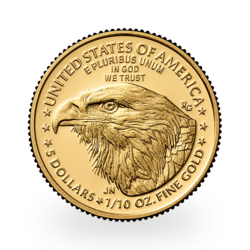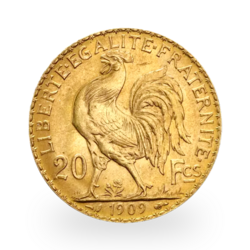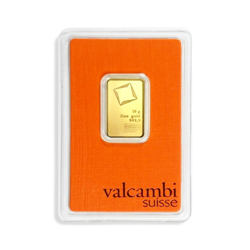Bloomberg reports that Maduro's embattled regime, desperate to hold onto the dwindling cash pile it has abroad, was stymied in its bid to pull $1.2 billion worth of gold out of the Bank of England, according to people familiar with the matter.
The Bank of England’s (BoE) decision to deny Maduro officials’ withdrawal request comes after top U.S. officials, including Secretary of State Michael Pompeo and National Security Adviser John Bolton, lobbied their U.K. counterparts to help cut off the regime from its overseas assets, according to one of the people, who asked not to be identified.
U.S. officials are now trying to steer Venezuela’s overseas assets to Guaido to help bolster his chances of effectively taking control of the government. The $1.2 billion of gold is a big chunk of the $8 billion in foreign reserves held by the Venezuelan central bank.
Just hours after The Bank of England refused to hand over $1.2 billion of Venezuela's gold from its custody vaults (stored there after the completion of a gold-swap transcation with Deutsche Bank) to President Maduro, The Guardian reports that a UK foreign office minister is now urging the same Bank of England to transfer the bullion to the self-proclaimed interim leader Juan Guaidó.
In a statement to British MPs, Sir Alan Duncan said the decision was a matter for the Bank and its governor, Mark Carney, and not the government. But he added:
“It is they who have to make a decision on this, but no doubt when they do so they will take into account there are now a large number of countries across the world questioning the legitimacy of Nicolás Maduro and recognising that of Juan Guaidó.”
Guaidó has already written to Theresa May asking for the funds to be sent to him.
The former chair of the foreign affairs select committee Crispin Blunt said the current Venezuelan central bank president was not legitimate, since he had not been appointed by the country’s national assembly.
Blunt has sent letters to the foreign secretary, Jeremy Hunt, and to the chancellor, Philip Hammond, urging a decision.
Notably, the reason the BoE initially gave for its initial refusal to release was due to its insistence that standard measures to prevent money-laundering be taken - "including clarification of the Venezuelan government’s intentions for the gold."
“There are concerns that Mr. Maduro may seize the gold, which is owned by the state, and sell it for personal gain,” the newspaper said.
Separately, as we reported previously an official told Reuters that the repatriation plan has been held up for nearly two months due to difficulty in obtaining insurance for the shipment, needed to move a large gold cargo:
“They are still trying to find insurance coverage, because the costs are high,” an official told Reuters.
All of which appears to have suddenly been swept under the carpet now Guaidó has been installed.
Duncan said Hunt would be discussing the next steps in the European Union’s efforts to support Guaidó in Bucharest on Thursday.
However, it's not a done deal yet as shadow foreign secretary, Emily Thornberry, cautioned against a rush to oust Maduro:
“Judging by its record in recent years, the Maduro government fits none of those descriptions, but I would also believe that it is a mistake in situations like this simply to think that changing the leader will automatically solve every problem, let alone the kind of US-led intervention being threatened by Donald Trump and [the US national security adviser] John Bolton.”
Nevertheless, with much of the Western world now backing Guaidó in his coup, it seems the gold bullion will be winging its way to The Assembly's coffers very soon.
Original source: Zero Hedge
Reproduction, in whole or in part, is authorized as long as it includes all the text hyperlinks and a link back to the original source.
The information contained in this article is for information purposes only and does not constitute investment advice or a recommendation to buy or sell.

















